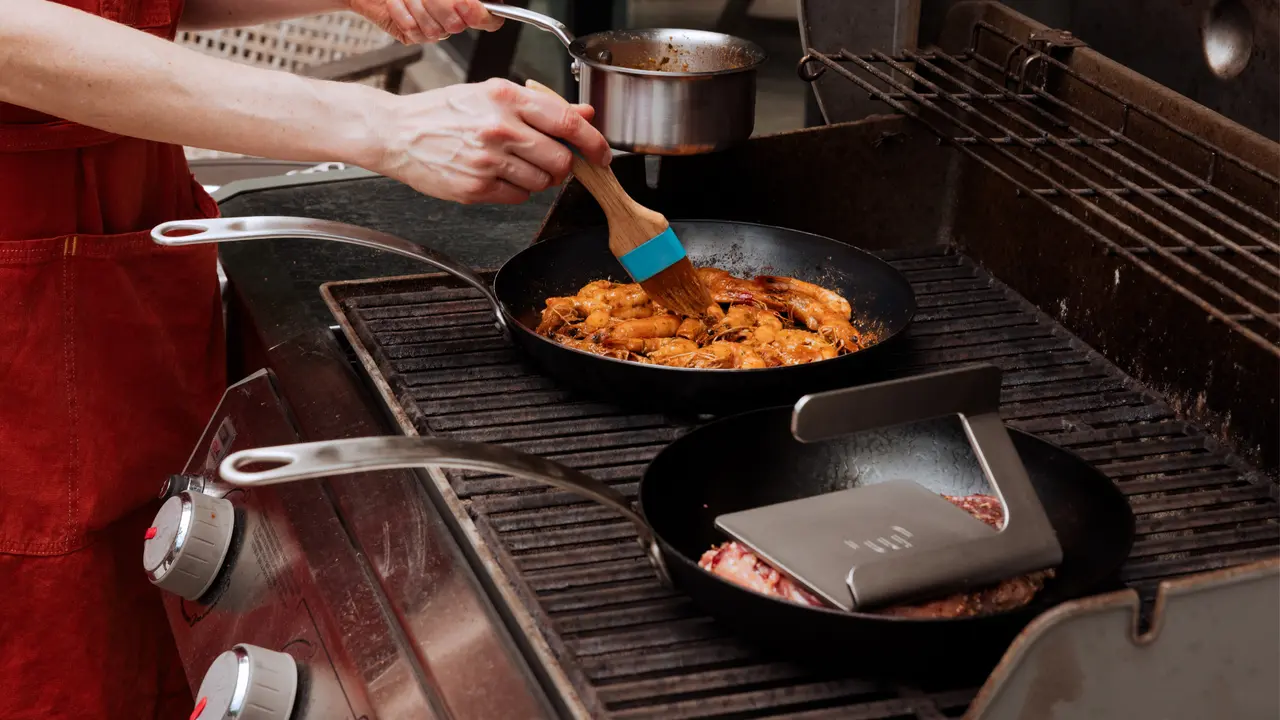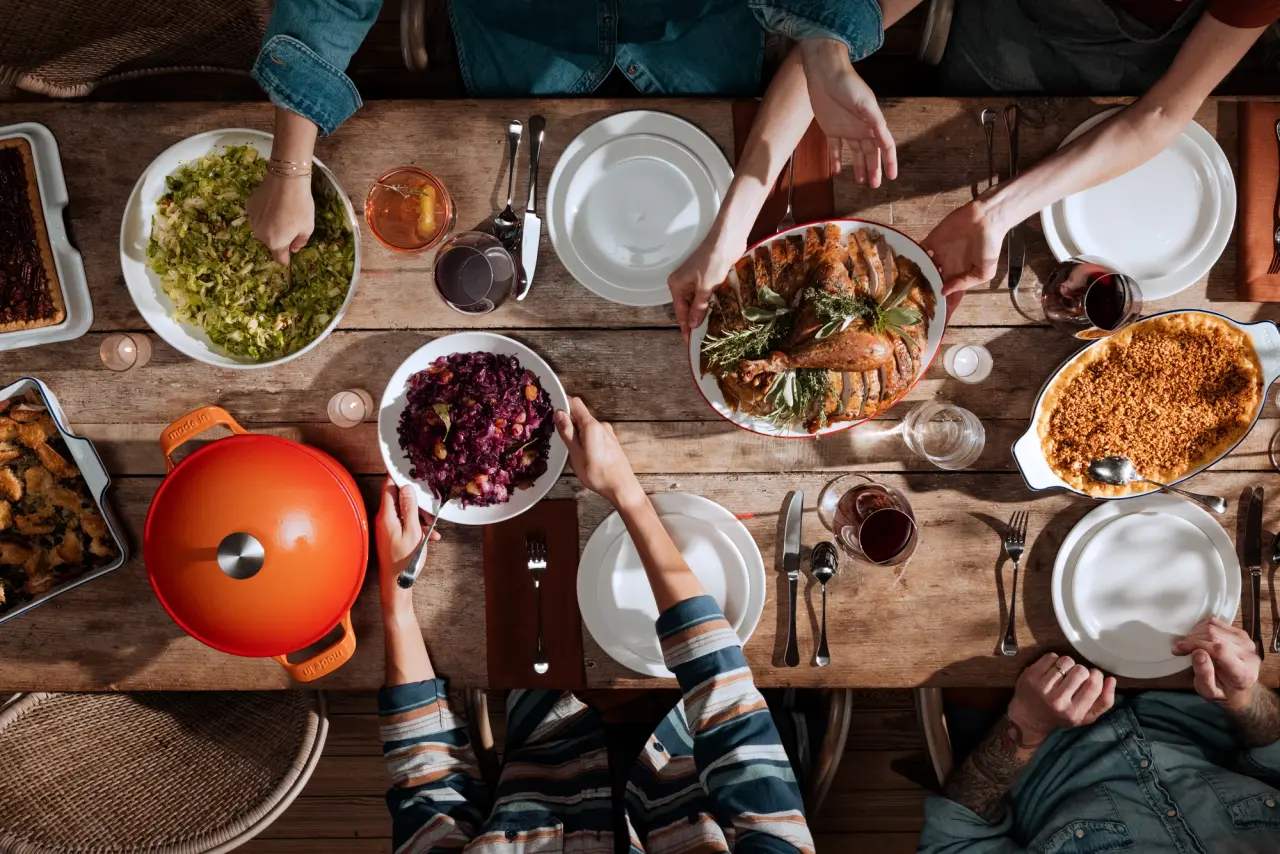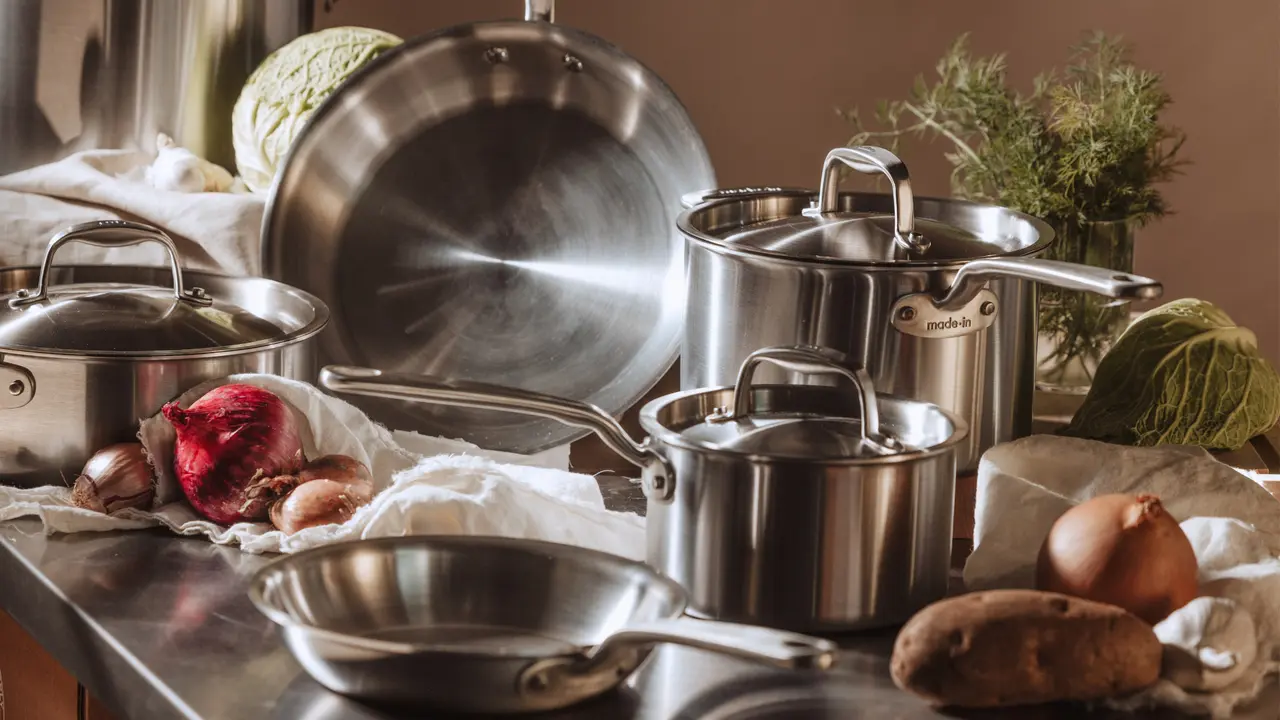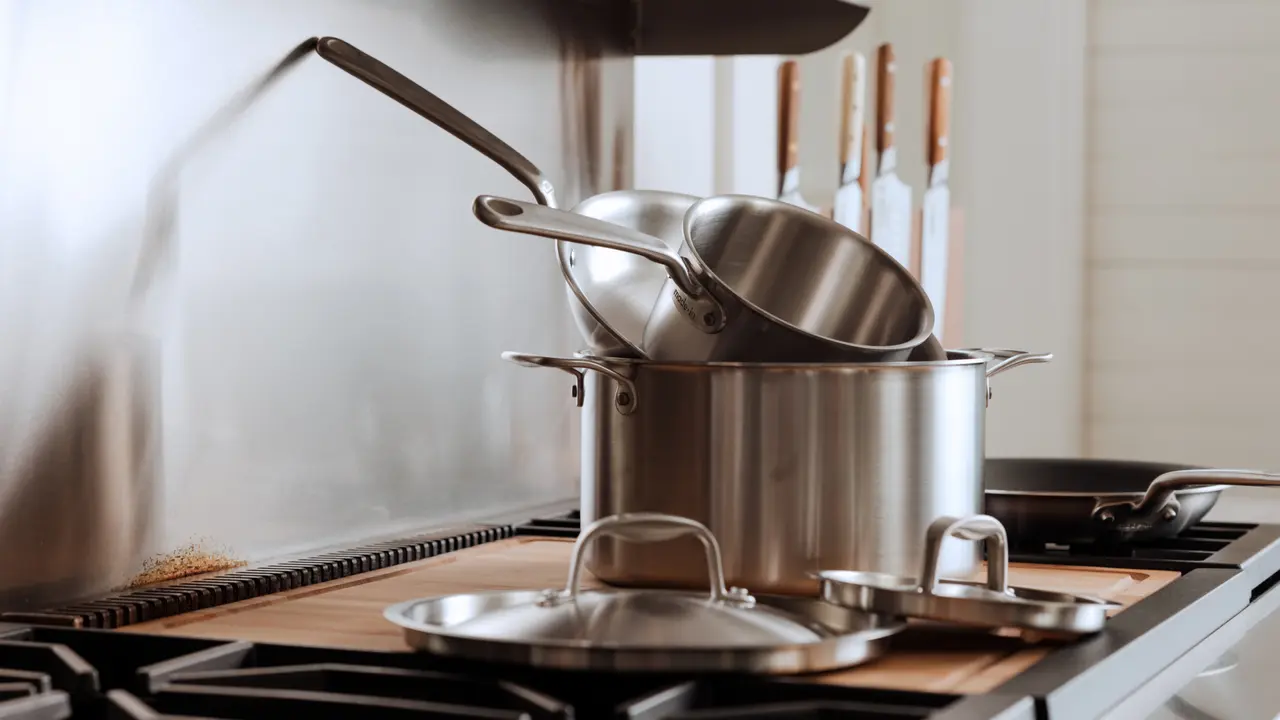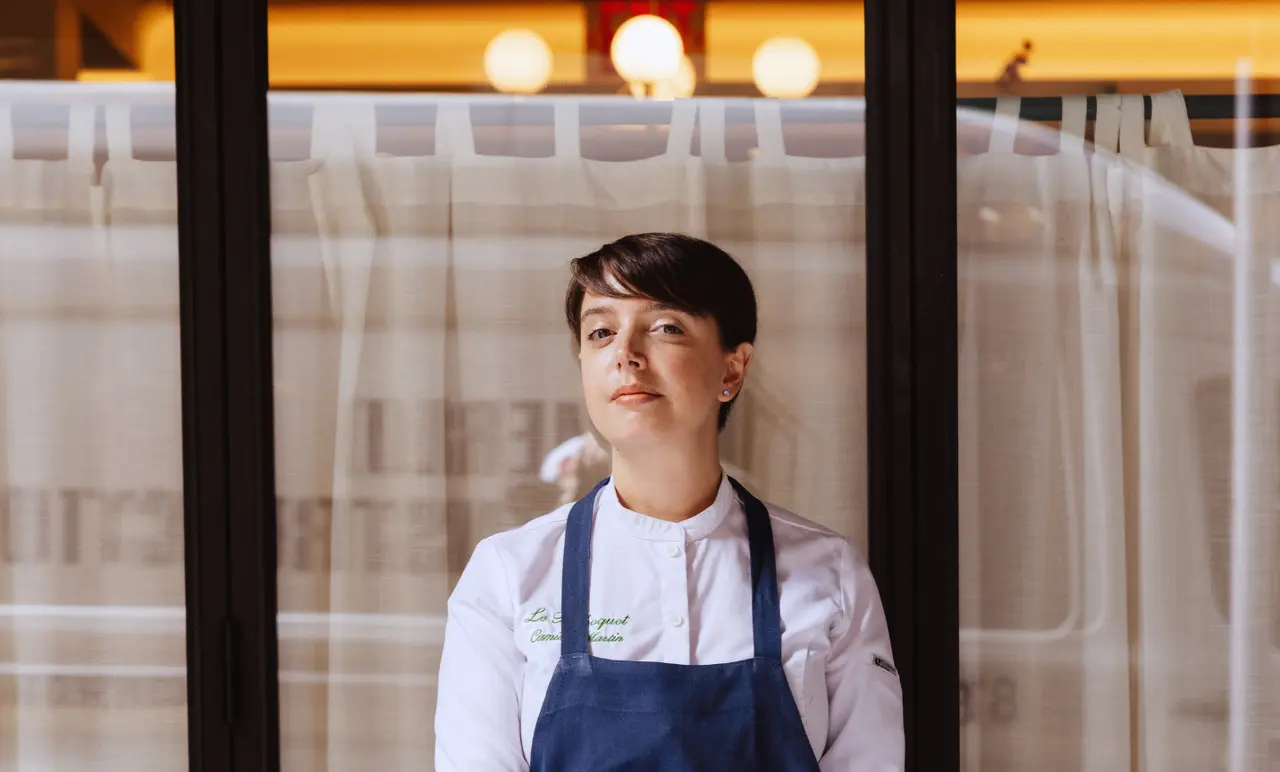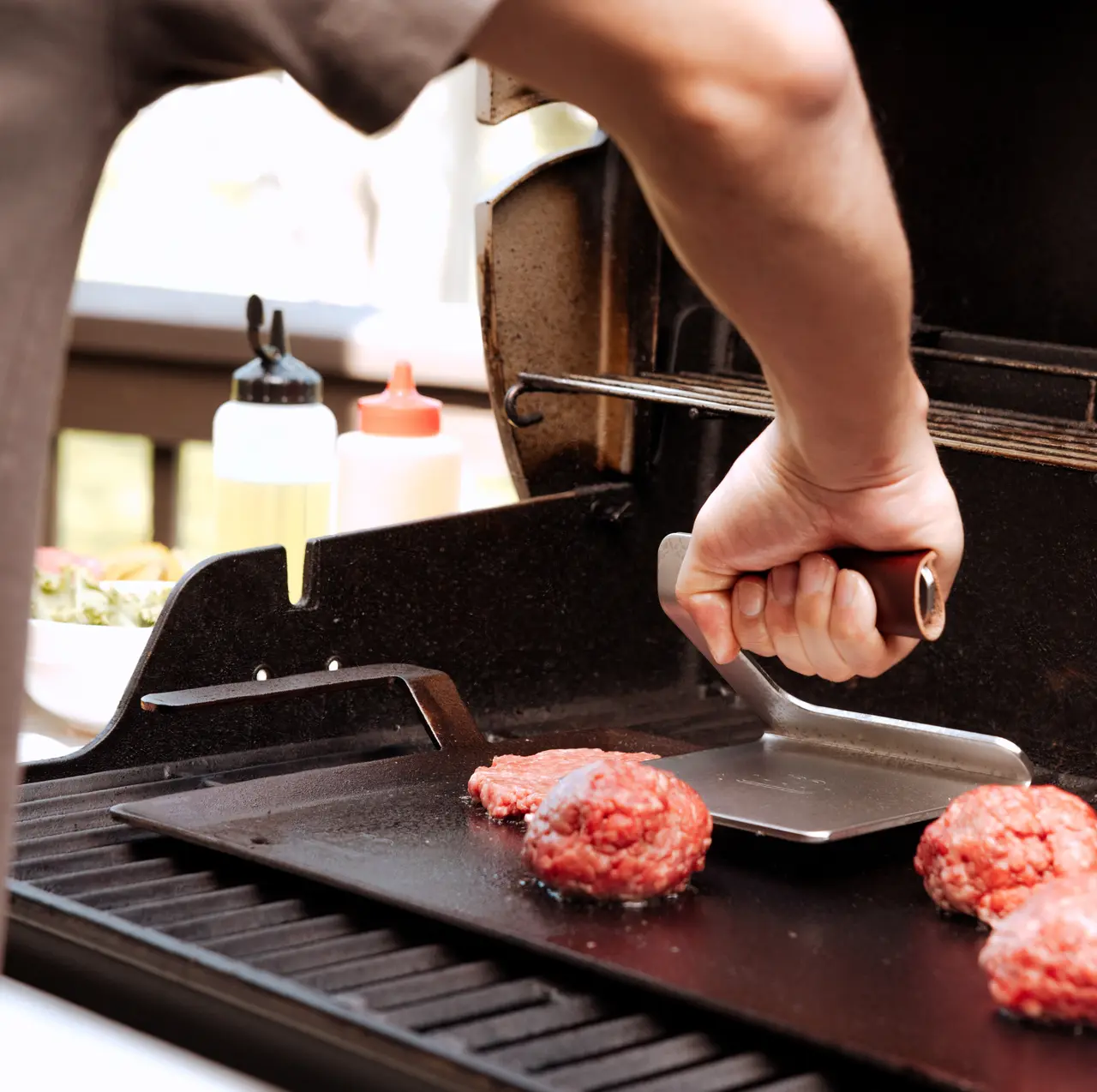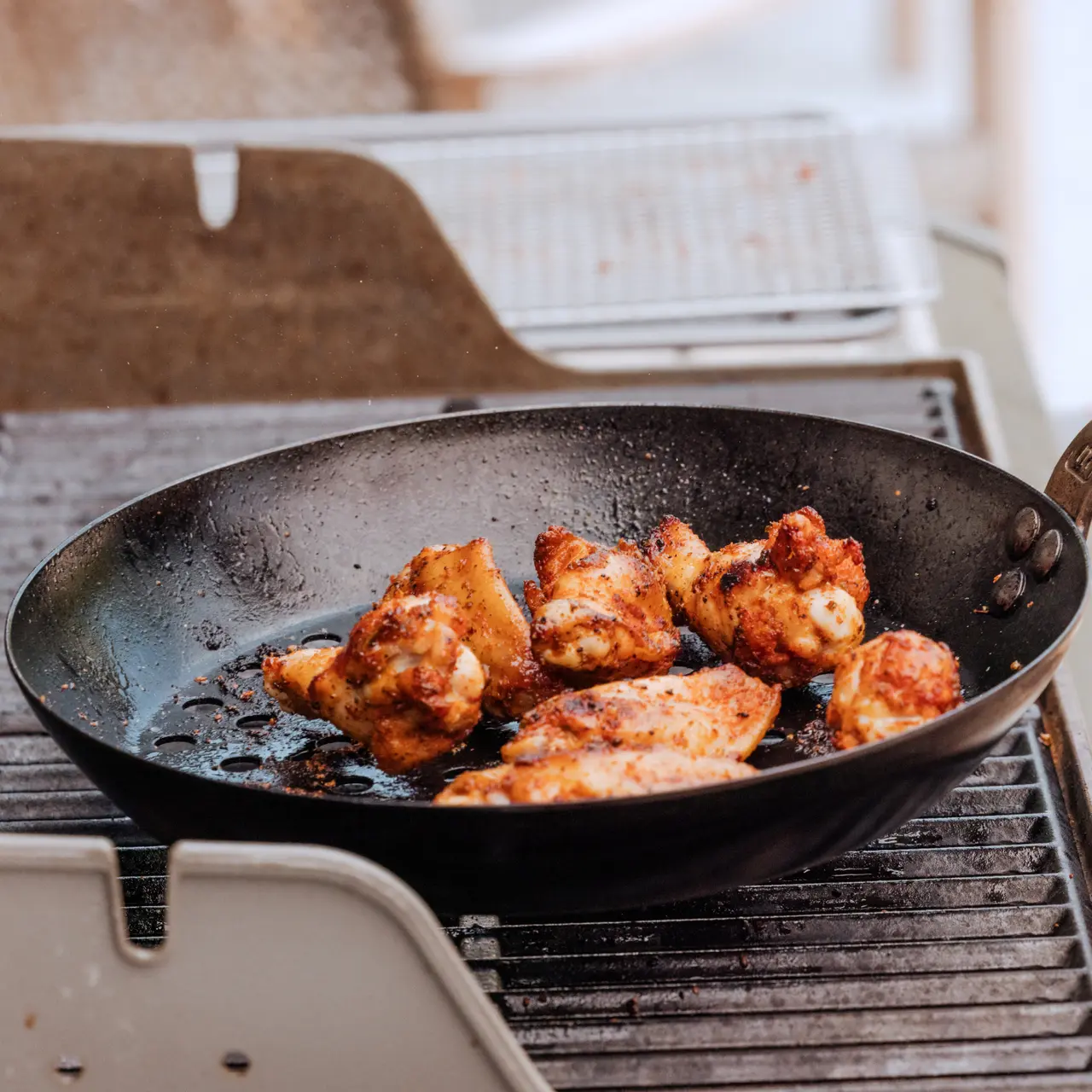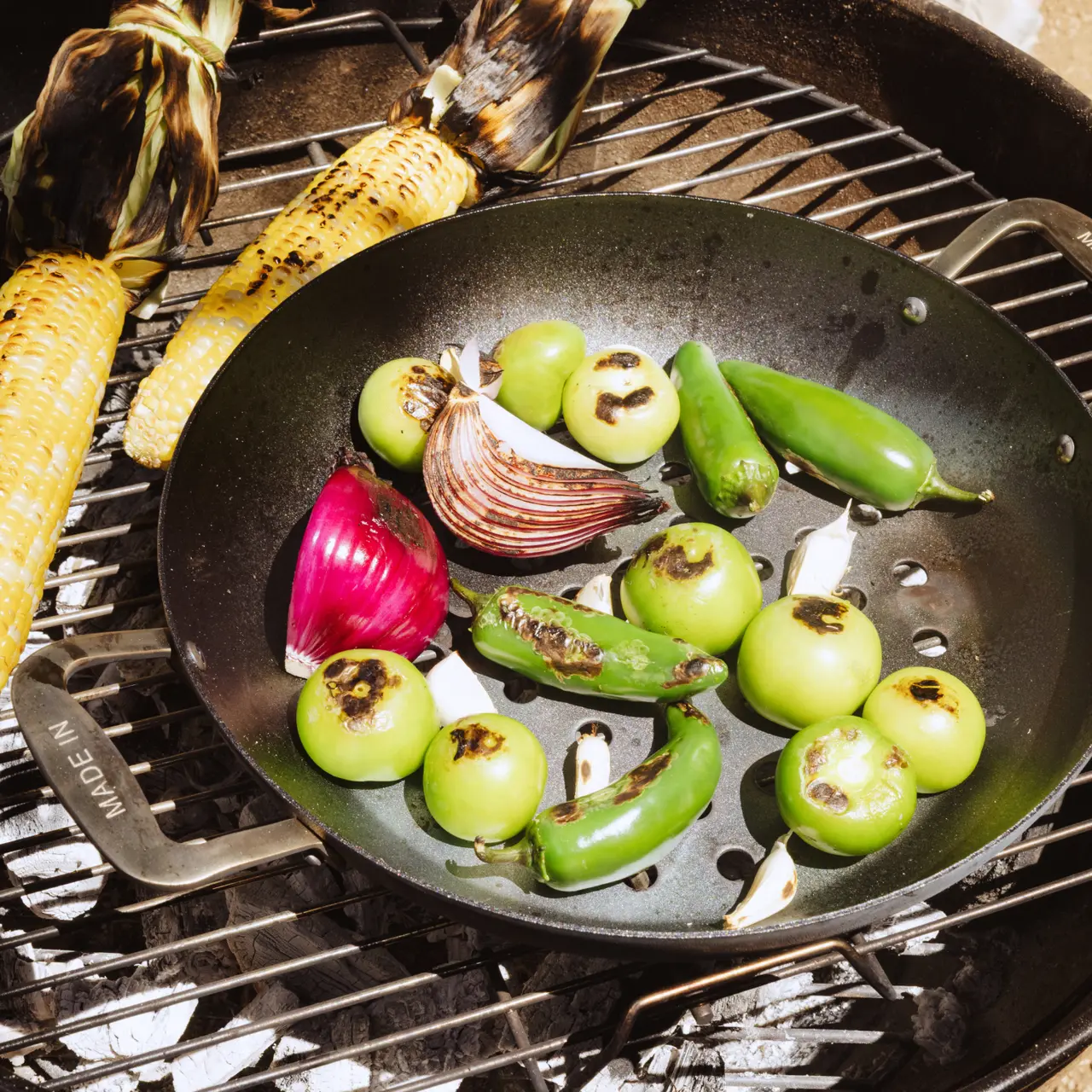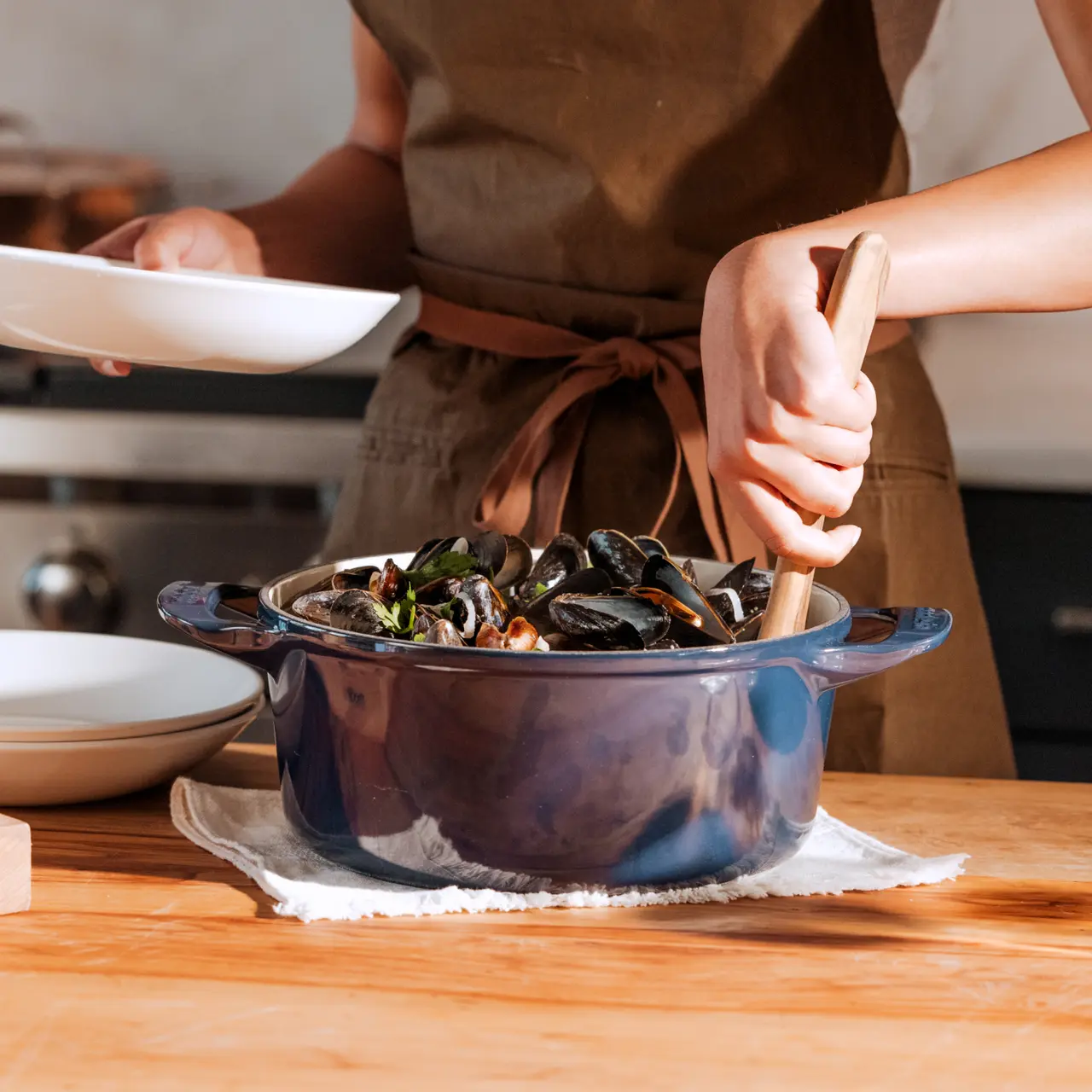“I want to clear a place for Black women specifically,” says Chef Dawn Burrell of her primary objective as both a chef and restaurateur. “People of color play a major role in sustaining most restaurants, and they’re finally starting to receive some credit.”
A former Olympic long jumper, Chef Burrell came to the culinary world after the end of her athletic career, but food has been a part of her history from the start. Growing up, she remembers summers filled with large dinners. Her family would set up a big buffet that was filled with not only plates piled with cookout staples, but also laughter and warmth. She hopes to bring this same energy to her first restaurant Late August, which opens in Houston later this year.
“The name ‘Late August’ pays homage to the Sears catalog,” Chef Burrell explains. “We’ll be housed in the historic Sears building on the ground floor. It speaks to all of the lovely, warm, buzzy feelings that one would have when looking at the catalog as a child. The wishing and the wanting.”
At Late August, Chef Burrell will be both the Executive Chef and a partner, backed by Lucille’s Hospitality Group. The menu will feature global comfort food, highlighting foods from the African diaspora. While food’s primary objective is to provide fuel, Chef Burrell seeks what she calls the “beautiful nuance” that takes food from a simple source of nourishment to something greater.
Her love of food was sparked early by the women in her family, specifically her grandmother, aunts, and mother, who did most of the cooking in her childhood. Chef Burrell moved to Texas for college and later competed in the 2000 Summer Olympic Games in Sydney, Australia. She also went on to win a gold medal at the IAAF World Indoor Championships in Lisbon, Portugal the following year with a jump over seven meters.
When her athletic career came to an end after a knee injury, Chef Burrell reexamined her life. She knew that she loved food and wanted to make a difference in an industry where people of color were a fundamental part of almost all kitchens, but rarely in positions of power. This journey began with her studying culinary arts in Houston. She went on to work in London before returning to Texas, where she worked at Uchiko and then Kulture. This final placement, where she worked until the pandemic, earned Chef Burrell a James Beard Award nomination.
Texas was also the place where Chef Burrell learned about the celebration of Juneteenth, for the first time. It was a history she, like many, was not taught as a child growing up in Philadelphia.
“We didn’t talk about Juneteenth on the East Coast. It wasn’t until I came to the South that I even learned about it. I had no idea what the holiday was and I felt kind of cheated that this true freedom day for African Americans wasn’t shared with us,” she says. She knew that she wanted to incorporate this important holiday into her love of food, but it wasn’t until after competing in Top Chef: Portland, that this became a reality.
“It was kind of surreal,” Chef Burrell says of the timing of Top Chef, which aired in 2021 but was filmed in 2020. “Just a week and a half prior to when we started filming, I was at home, watching Portland protest on TV. And then I was there, hearing it out my window. It hit close to home becauseI too was not at peace with the things that were happening in this country. And saw physical manifestations of this unrest as we went place to place in Portland.”
This experience, in part, prompted Chef Burrell to decide to host her own Juneteenth celebration in the summer of 2021. She decided that proceeds would go to benefit Lucille’s 1913, a culinary non-profit that has been providing meals to Houston’s underserved communities throughout the pandemic.
“I gathered some chef friends from season 18 [of Top Chef] and they came down to Houston, where they volunteered their time to cook. I wanted it to be an immersive Juneteenth experience, so I asked each chef to make a dish that showcased what freedom meant to them,” says Chef Burrell.
For her contribution, she made smoked pork collar with a red eye gravy and warm potato salad. Her goal for this dinner, and those to follow, was to recreate foods that reflect how people used to eat—farm to table at its most literal.
“I love making pork ribs and pork roast pork dishes, along with watermelon or something red,” she explains. “The red is to express the blood shed during that time period, for all the people who were free but didn’t know it and still died.”
When it comes to sourcing produce, Chef Burrell also takes the opportunity to not only use locally grown fruits and vegetables but also to buy from Black farmers and other vendors like distillers and winemakers. It’s all part of her desire to continue to foster this robust community that has existed for generations, but like many other people of color who work in and around the food industry, are just now starting to get a fraction of the recognition they deserve.
Few things can transcend the opening of the chef’s first restaurant, but this larger commitment to her community may be one of them. Once Late August opens, Chef Burrell hopes it can serve as a space to house her future Juneteenth celebrations. But her aspirations don’t stop there.
“I want to make this a super impactful event,” she says. “Possibly even traveling, because I would love to have celebrations all across the country. This is something to be shared—both the history and the cuisine of this holiday.”

